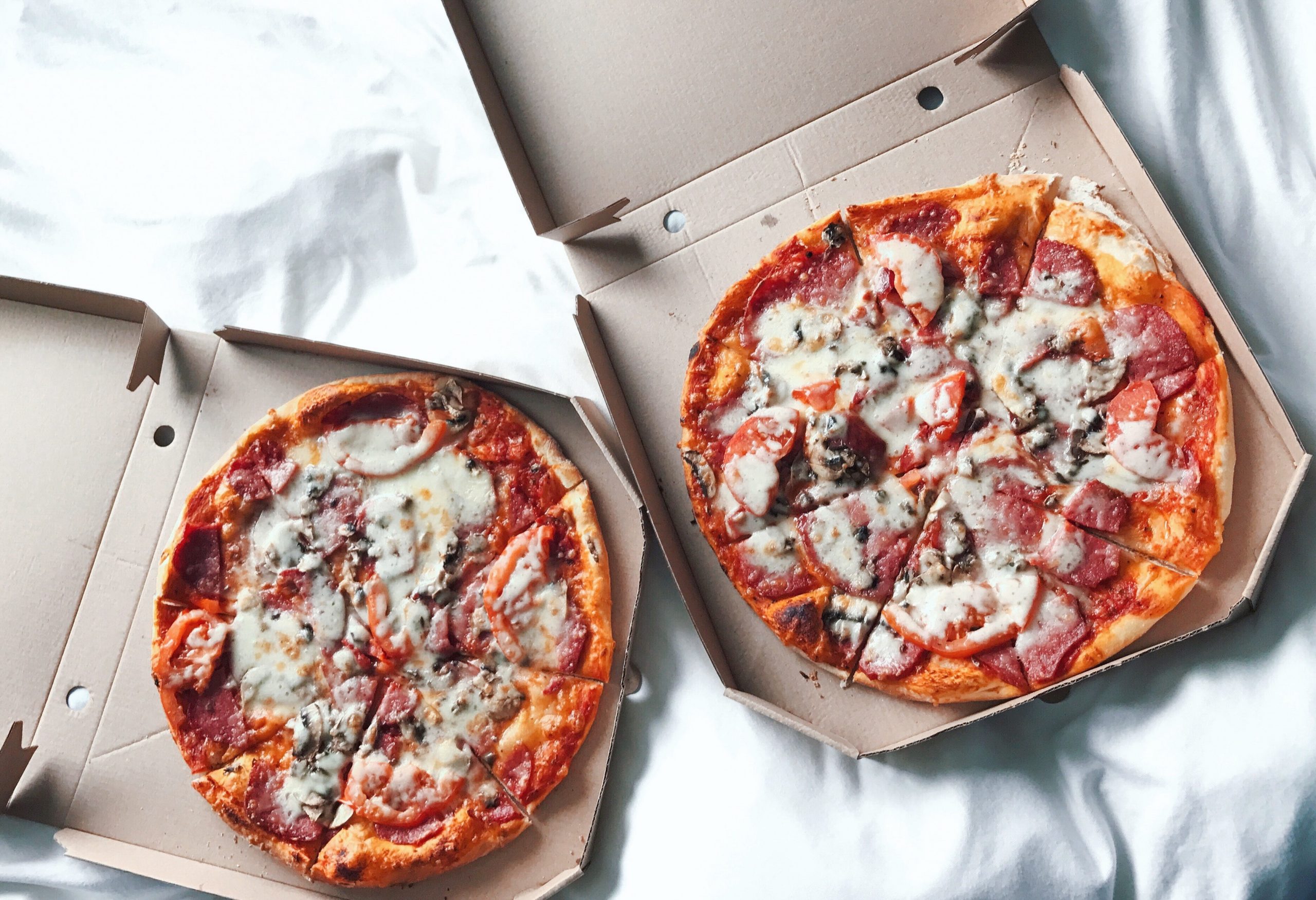
17 Feb Ultra-Processed Foods Linked to Increased Cancer Risk
Researchers have found that eating ultra processed food increases risk of cancer. The French study, published in the BMJ, assessed the diets 105,000 people. Results showed that the more ultra processed foods people ate, the greater their risk of cancer.
Whilst in the past we largely blamed genes for whether or not we got diseases like cancer, we’re now understanding that environmental factors, including diet, play a key role. As the saying goes ‘genes load the gun, environment pulls the trigger.’
ULTRA PROCESSED FOODS AND CANCER: THE STUDY
Researchers set out to assess the associations between consumption of ultra processed food and risk of cancer. Risk of overall, breast, prostate, and colorectal cancer was assessed.
104 980 adults had their daily food intake recorded. It was designed to register participants’ usual consumption of 3300 different food items. These foods were categorised according to their degree of processing by the NOVA classification.
The study found that a 10% increase in the proportion of ultra-processed foods in the diet was associated with a significant increase of greater than 10% in risks of overall and breast cancer.
WHAT ARE ULTRA PROCESSED FOODS?
The list of ultra-processed foods included those we might expect, things like cakes and sweets, crisps, processed meats and ready meals. But it also contained foods we might not necessarily think of as ultra-processed – like most shop bought bread, breakfast cereals and ‘fruit’ yoghurts.
Data shows that the majority of our calories now come from ultra processed foods. In the world we live in, processed foods are almost impossible to avoid. They are cheap, convenient and widely available.
Education is the key. Whilst most of us know that eating a lot of cakes and crisps won’t benefit our health, there are a lot of foods such as breads and breakfast cereals that we may not consider to be ‘ultra processed’. Understanding what constitutes a healthy diet and making conscious decisions as a result is important.
HOW DO I KNOW IF A GOOD IS ULTRA PROCESSED?
NOVA is the food classification that categorises foods according to the extent of food processing. It outlines three criteria for sportting an ultra processed food. The three criteria are:
1. Comes in a packet
2. Contains more than five ingredients
3. Contains at least one item characteristic of the NOVA ultra processed food group.
Either food substances never or rarely used in kitchens (such as high-fructose corn syrup, hydrogenated or interesterified oils, and hydrolysed proteins), or classes of additives designed to make the final product palatable or more appealing (such as flavours, flavour enhancers, colours, emulsifiers, emulsifying salts, sweeteners, thickeners, and anti-foaming, bulking, carbonating, foaming, gelling and glazing agents).
If you’re interested in understanding more about ultra processed foods, here is our guide. You can also take a look at this simple but effective visual guide comparing natural, processed and ultra-processed versions of the same food by Christina Earle.
WHAT SHOULD WE EAT INSTEAD?
Instead of relying on ultra processed foods, instead focus on consuming whole foods as much as possible. Plenty of vegetables and low sugar fruits. Healthy fats like olive oil, coconut oil, avocados and unfrosted nuts and seeds. Natural proteins from organic meat, wild fish, eggs and tofu. We often see that when our clients gain a better understanding of what constitutes a healthy diet, the less healthy foods naturally phase out.
IN SUMMARY
The occasional bag of crisps or a chocolate bar as a treat can form part of a healthy diet for most people. That, in itself, is highly unlikely to give you cancer. However, relying on a diet based primarily on highly processed foods will promote weight gain and a predisposition to a number of chronic, degenerative diseases.
Healthy eating can be confusing. It can be difficult to differentiate between truly healthy foods and those that manufacturer’s marketing departments are trying to convince us are healthy. As qualified nutritionists who specialise in weight loss, we work with our clients to help them understand what is a healthy diet for them and making that fit into their every day lifestyle. If you feel you might benefit from some support in this area, please do get in touch.

